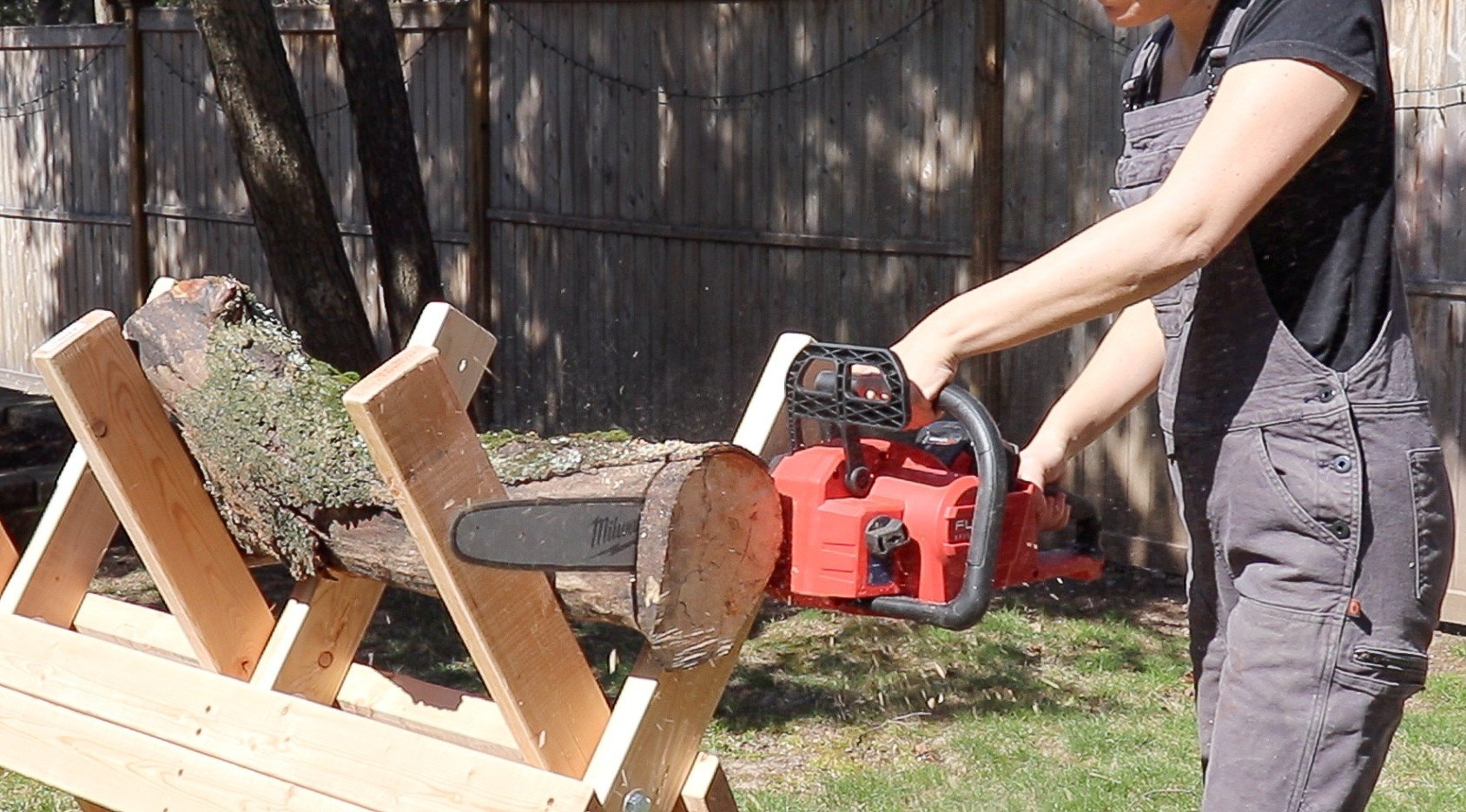When it comes to finding the best chainsaw for your needs, the first step is identifying the specific cutting tasks you plan to tackle. Different chainsaws are designed for different types of jobs, so recognizing your requirements will help you choose the right tool. Are you planning to trim small branches, fell medium-sized trees, or tackle large logging jobs? Knowing the scope of your projects will narrow down your options significantly.
If your work mainly involves pruning trees and shrubs, a lightweight electric chainsaw may be perfect for you. These models are easy to handle and ideal for small to medium-sized tasks. On the other hand, if you’re looking to cut down larger trees or do some heavy-duty lumber work, you might want to consider a more powerful gas chainsaw. These machines offer greater cutting capacity and can handle tougher jobs more efficiently.
It’s also important to think about the frequency of use. If you need a chainsaw for occasional home maintenance, a less expensive model might suffice. However, if you find yourself frequently working on larger tasks, investing in a higher-quality chainsaw can save you time and effort in the long run. Assess your cutting tasks carefully to ensure you select the best chainsaw for your needs.
Lastly, take into account the safety features you require. Features such as automatic chain brakes, low kickback bars, and ergonomic designs can enhance your cutting experience and keep you safe while you work. By understanding the specific cutting tasks you intend to perform, you’ll be well-equipped to find the best chainsaw for your needs, ensuring both efficiency and safety in your woodworking projects.
Understand Different Chainsaw Types
When it comes to finding the best chainsaw for your needs, it's essential to understand the different types available on the market. Each type comes with its own set of features, advantages, and limitations, which can significantly impact your cutting experience. The most common chainsaw types include gas, electric, and battery-powered chainsaws. Each of these has characteristics that make them suitable for specific tasks and users.
Gas chainsaws are often favored by professionals and those tackling heavy-duty jobs. Known for their power and portability, they can cut through thick logs and dense wood without the limitations of cords. However, they can be heavier and require more maintenance, including fuel mixing and regular oil changes. If you're planning to take on extensive outdoor projects or need a reliable tool for larger tasks, a gas chainsaw might be the best chainsaw for your needs.
On the other hand, electric chainsaws are perfect for homeowners and occasional users. These chainsaws are generally lighter, quieter, and easier to handle than their gas counterparts. They are great for pruning trees, cutting firewood, or maintaining your yard since they plug into an outlet and require minimal maintenance. If you're looking for something simple and effective for lightweight tasks, an electric chainsaw might be the best chainsaw for your needs.
Battery-powered chainsaws have gained popularity due to their convenience and flexibility. They combine the power of gas chainsaws with the ease of use found in electric models. Perfect for those who want to avoid cords or the hassle of fuel, battery-powered chainsaws are ideal for trimming and light cutting tasks around your home or garden. If you're searching for a versatile option that can handle various tasks without being tied to a power source, a battery-powered chainsaw might just be the best chainsaw for your needs.
Evaluate Essential Features
When searching for the Best Chainsaw for Your Needs, it’s crucial to consider several essential features that can significantly impact your cutting experience. First and foremost, think about the power source. Chainsaws typically come in three types: gas, electric corded, and battery-powered. Gas chainsaws are powerful and ideal for heavy-duty tasks, while electric models are quieter and suitable for lighter jobs. Battery-operated chainsaws offer the advantage of portability but may have limited run times.
Next, evaluate the chainsaw's bar length, which determines the size of wood you can cut. Generally, longer bars are suitable for larger trees and heavy-duty work, while shorter ones are ideal for smaller branches and trimming. Choosing the right bar length ensures that you can effectively tackle your specific projects without unnecessary effort.
Safety features are another critical aspect to consider when selecting the Best Chainsaw for Your Needs. Look for models with safety chains, automatic brake systems, and protective guards. These features make operating the chainsaw safer, reducing the risk of accidents during your work. Additionally, ensure that the chainsaw has a comfortable grip and is well-balanced, as this can help prevent fatigue during extended use.
Finally, don’t forget to factor in maintenance requirements. Some chainsaws need regular oiling and chain adjustments, while others come with features that minimize upkeep. Choosing a chainsaw that matches your maintenance preferences can make all the difference in keeping your tool in top condition and ready for any task.
Consider Safety and Maintenance
Regular maintenance of your chainsaw is another important aspect that should not be overlooked. Keeping your chainsaw in good working condition not only extends its life but also enhances performance. Make it a habit to check the chain tension, oil levels, and sharpness before each use. Properly lubricating the chain can prevent overheating and wear, which is essential for maintaining a high-performing tool.
Additionally, consider the environment where you will be using your chainsaw. If you plan to work in areas with heavy brush or near structures, choose a model that allows for easy maneuverability and precise cutting. Knowing how to operate the chainsaw correctly in varying conditions will also contribute to safety and efficiency. By taking these factors into account, you can confidently choose the best chainsaw for your needs and ensure a safe cutting experience.
